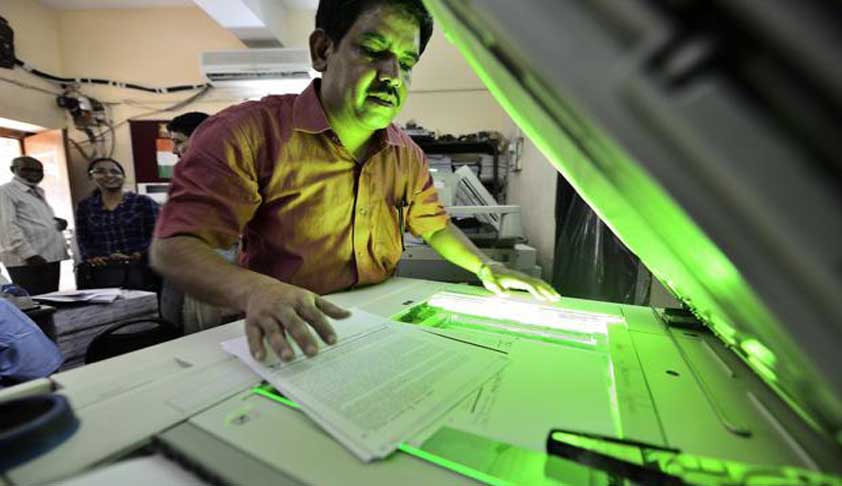- Home
- /
- Editors Pick
- /
- DU Photocopying Appeal: Who Said...
DU Photocopying Appeal: Who Said What And Why?
LIVELAW NEWS NETWORK
8 Dec 2016 12:27 PM IST
The Delhi High Court has reserved its verdict in the Delhi University (DU) photocopy case.A group of international publishers, including Oxford University Press, Cambridge University Press and Taylor and Francis Group, appealed against the September 16 single judge ruling.Justice Rajiv Sahai Endlaw had allowed Rameshwari Photocopy Services, a shop in the DU campus, to sell course packs...
Next Story



